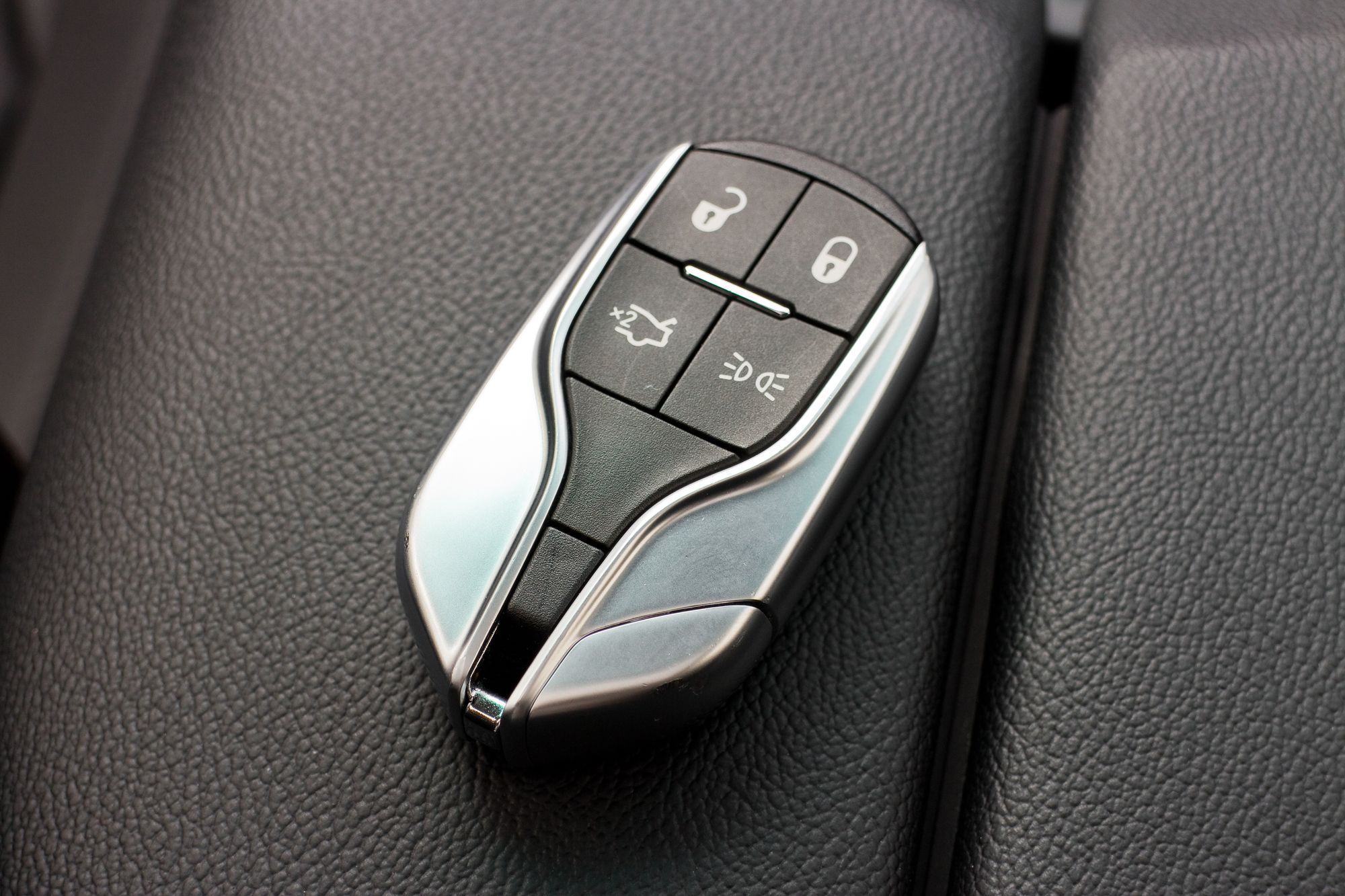 A federal judge dismissed a class action lawsuit alleging defects in Maserati keyless entry system allows the doors to be locked from the inside, potentially trapping young children in the vehicle.
A federal judge dismissed a class action lawsuit alleging defects in Maserati keyless entry system allows the doors to be locked from the inside, potentially trapping young children in the vehicle.
Lead plaintiff Mohamed Elsayed alleged in his class action lawsuit that his three-year-old child was able to lock the luxury vehicle from the inside using the door panel while the car was left running with the key fob in it.
The plaintiff claimed this was a “life-threatening defect” that made the vehicle less valuable and constituted a breach of warranty.
Maserati argued that the class action should be dismissed and U.S. District Judge Cormac J. Carney agreed.
“The 10 causes of action allege that the [passive entry system’s] failure to unlock the car in these circumstances breaches express warranties, constitutes negligent design and failure to warn, violates implied warranties and violates the California’s Consumers Legal Remedies Act and Unfair Competition law,“ wrote the judge in his order. “None of these causes of action survive summary judgment.”
In the class action, the plaintiff alleged that he didn’t think his child would be able to lock himself in the vehicle while the key fob was present.
According to the lawsuit, the “passive entry system” allows users to unlock the car without having to press the button on the key fob and prevents the keys from being locked in the car.
However, the plaintiff’s son was allegedly able to lock the car from the inside while the vehicle was running.
The judge pointed out in his order dismissing the class action, that Maserati had not described the same situation when explaining the passive entry system in any of its vehicle materials or warranties.
The passive entry system is only effective when the ignition switch is off, one door is open and one of the locks inside the car is pressed, then the doors are closed without another fob on the outside of the car.
The judge also pointed out that the passive entry system would limit the ways a child could lock themselves in the car.
“Its choice does not mean that its failure to preclude a different way — child and key in car, engine off, doors closed, child pushes lock button — renders the Ghibli unmerchantable or unfit for providing reasonably reliable and safe transportation,” explained the judge in his order.
The judge also dismissed the class action lawsuit claims for economic loss after determining no evidence supported claims for emotional distress or loss of merchantability of the vehicle.
Elsayed is represented by Jonathan A. Michaels, Kathryn J. Harvey and Kristen R. Rodriguez of MLG Automotive Law APLC.
The Maserati Ghibli Passive Entry System Defect Class Action Lawsuit is Mohamed Elsayed v. Maserati North America Inc., Case No. 8:16-cv-00918, in the U.S. District Court for the Central District of California, Southern Division.
ATTORNEY ADVERTISING
Top Class Actions is a Proud Member of the American Bar Association
LEGAL INFORMATION IS NOT LEGAL ADVICE
Top Class Actions Legal Statement
©2008 – 2026 Top Class Actions® LLC
Various Trademarks held by their respective owners
This website is not intended for viewing or usage by European Union citizens.














